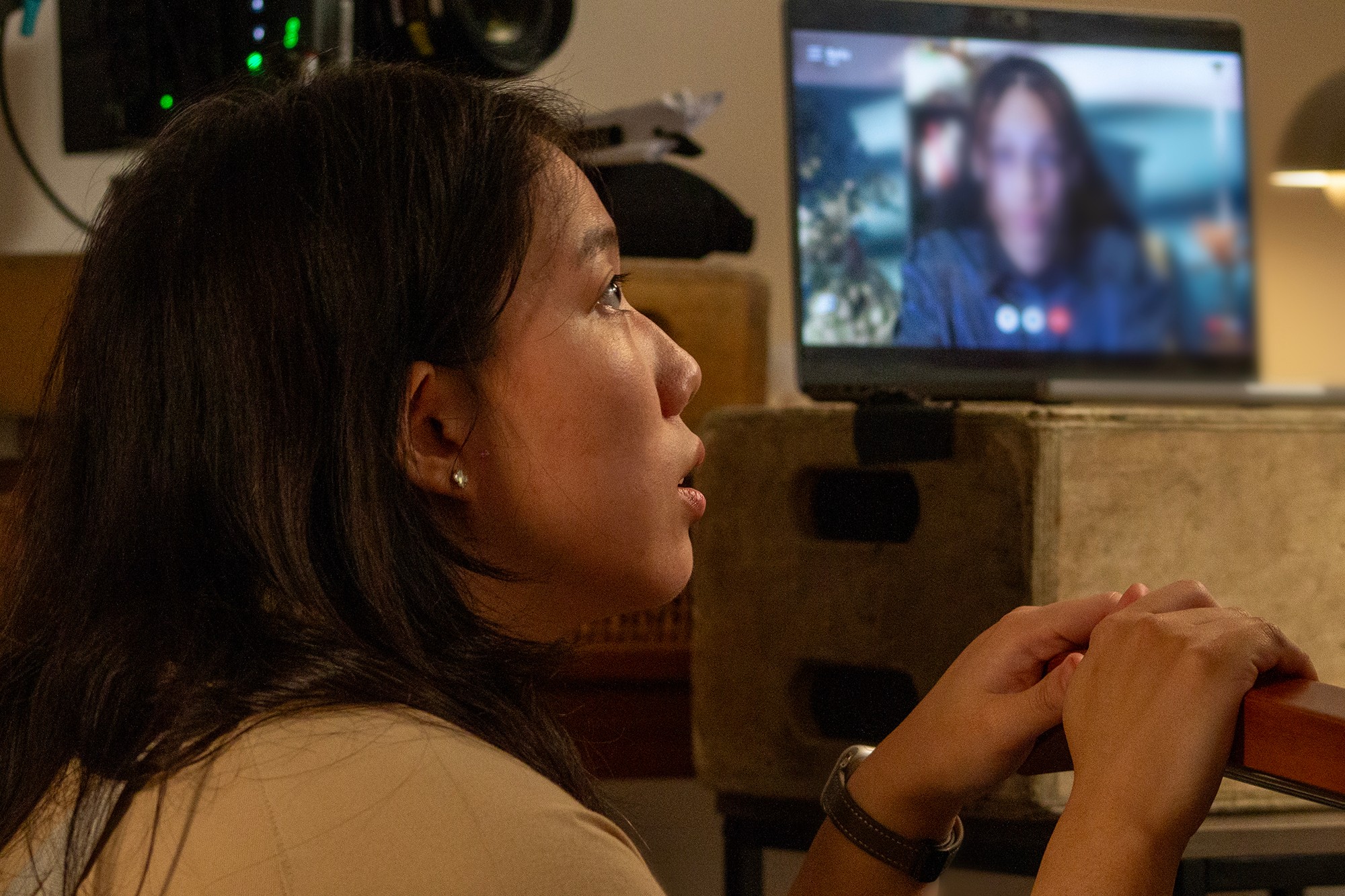We’re excited to introduce you to the always interesting and insightful Jiyeon Kim. We hope you’ll enjoy our conversation with Jiyeon below.
Jiyeon, thanks for taking the time to share your stories with us today What’s been the most meaningful project you’ve worked on?
The most meaningful project I’ve worked on is my latest short film, Me: JFK, You: ICN.
It’s a 17:23 runtime narrative short about a Korean flight attendant, Ina, who tries to return home for her brother’s wedding, only to confront deeply buried trauma from her childhood. The film is set in liminal spaces, such as her room and airplane, capturing her emotional disorientation and silent struggle.
The story was inspired by personal and cultural realities I’ve carried for years. As a survivor, I often felt the weight of invisible trauma, especially when making art and choosing themes for my films. I have always hesitated to speak openly about my trauma. Part of me believed that some stories were better left unspoken—that silence preserved dignity, or at least safety. But through this film, I realized that silence, too, is a language—and one worth translating.
Making Me: JFK, You: ICN was more than just a creative exercise. It was a process of reclaiming my voice in a space that rarely makes room for quiet pain. I poured my entire self into writing, directing, producing, and editing this film. Through it, I learned how to hold space for contradiction: silence and sound, restraint and release, memory and presence.
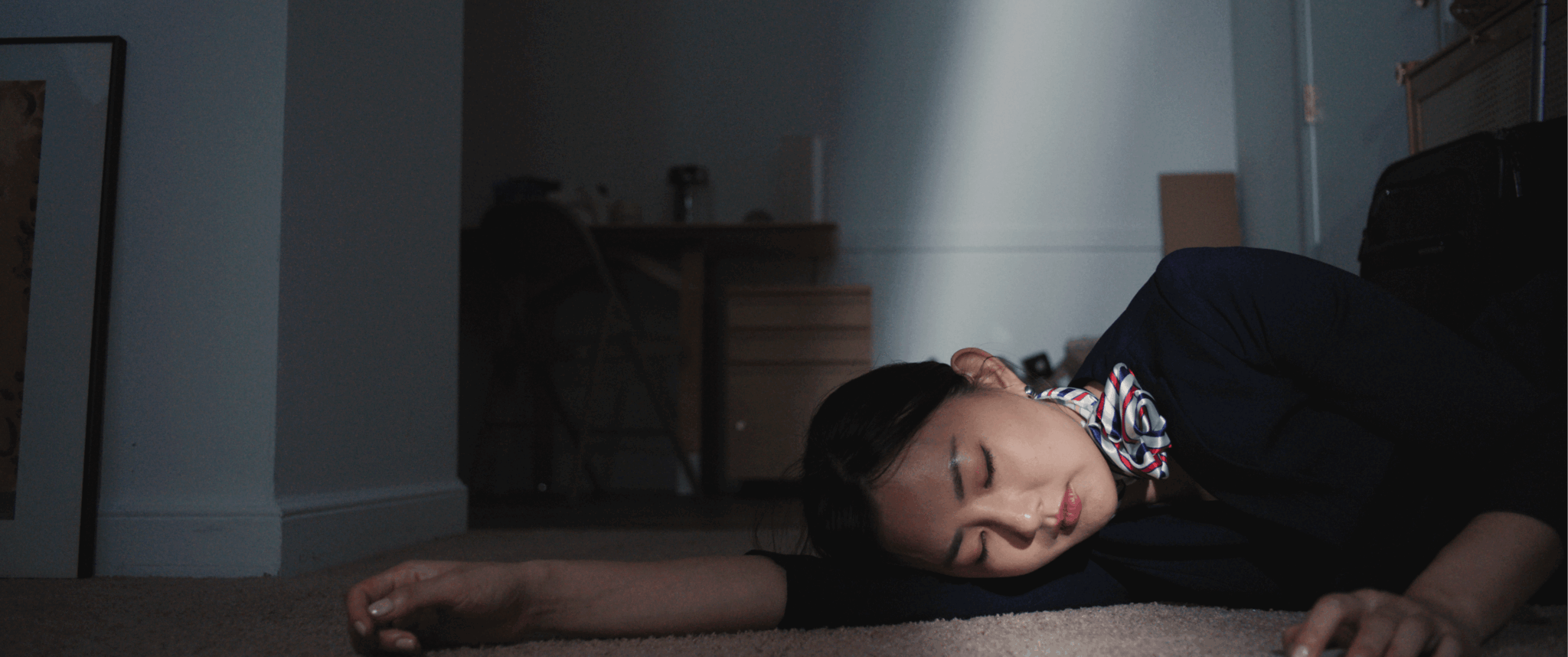
Jiyeon, before we move on to more of these sorts of questions, can you take some time to bring our readers up to speed on you and what you do?
I’m Jiyeon Kim, a filmmaker from South Korea, currently based in Boston. My work focuses on memory, trauma, and the stories of those who are often unheard or overlooked. I tell these stories through narrative films, experimental shorts, and hybrid forms.
I began my journey in storytelling at the intersection of film and sociology, which I studied during my undergraduate years at Dongguk University in Seoul. After moving to the United States for my MFA at Emerson College, I began to reflect more critically on themes of cultural dislocation, unspoken trauma, and survival.
What sets my work apart is that I approach filmmaking as an act of healing and inquiry. I strive to balance realism with beauty, ensuring that the mise-en-scène, sound, and rhythm of my films are cohesive.
Beyond filmmaking, I’ve worked as a videographer for media organizations and a creative producer for independent studios. I believe that art can shift culture and that personal narratives can challenge systems, so I’m intentional about creating films that open space for empathy and reflection.
If there’s one thing I want people to know about my work, it’s that it’s deeply human.
Whether it’s an experimental video or a scripted narrative, I’m always trying to understand the world from the inside out.
I always talk to myself, “So film it, as to be.”
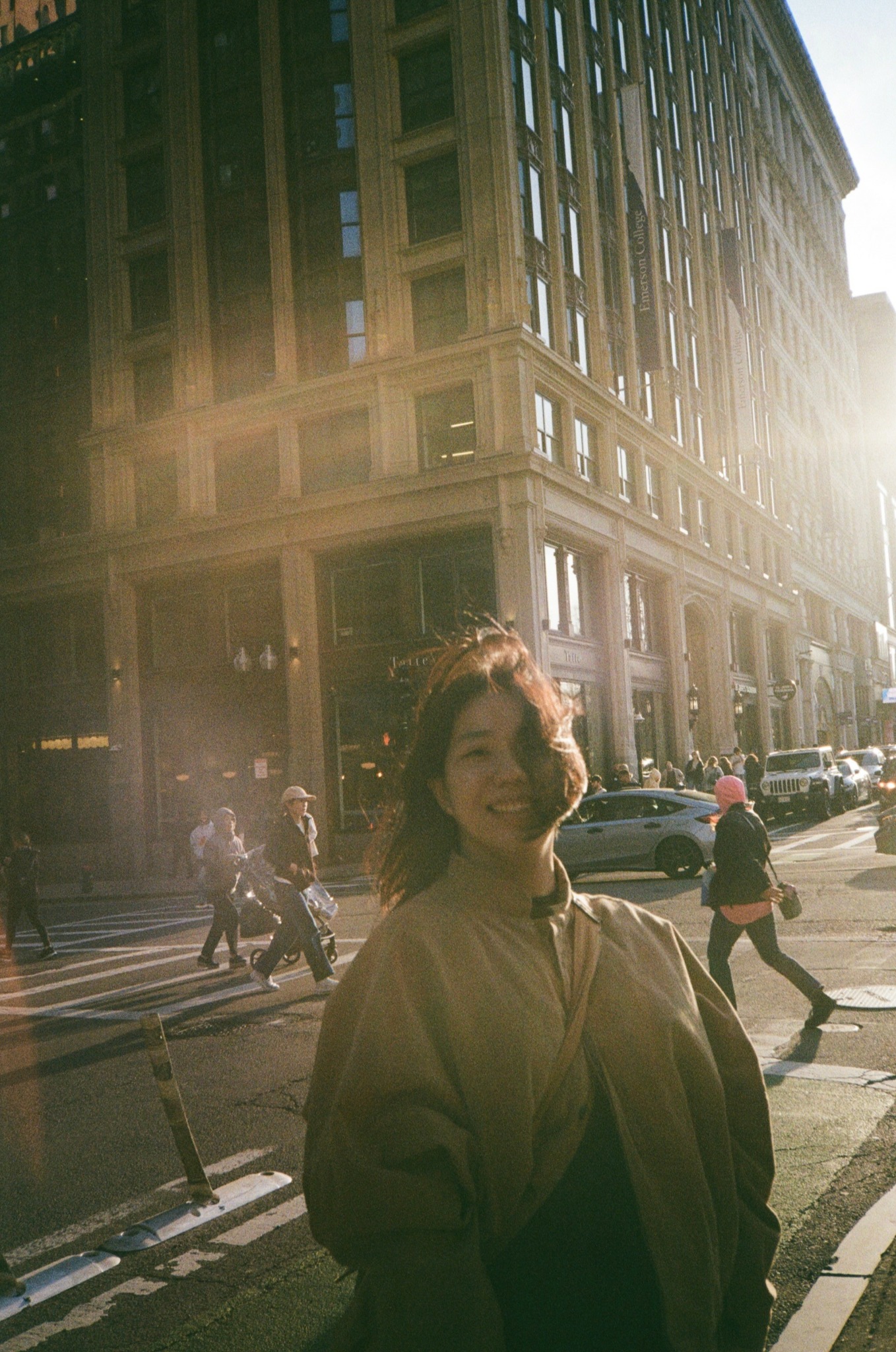
Looking back, are there any resources you wish you knew about earlier in your creative journey?
While working on Me: JFK, You: ICN, I had to shoot across multiple locations and navigate a range of logistical hurdles with very limited resources.
To make it happen, I reached out relentlessly. I contacted equipment rental places, local film schools, Facebook groups, Korean-language community chats, and even messaged people on Instagram using location tags. I left no stone unturned. And miraculously, it worked. I found crew members, rented gear, and even cast background actors through these channels.
Looking back, I wish I had understood earlier just how powerful and accessible these grassroots resources can be. The idea of cold-messaging strangers or navigating a community in a different language used to intimidate me. But through this project, I learned that initiative builds bridges and that people are often more willing to help than I think, especially when my passion is sincere and visible.
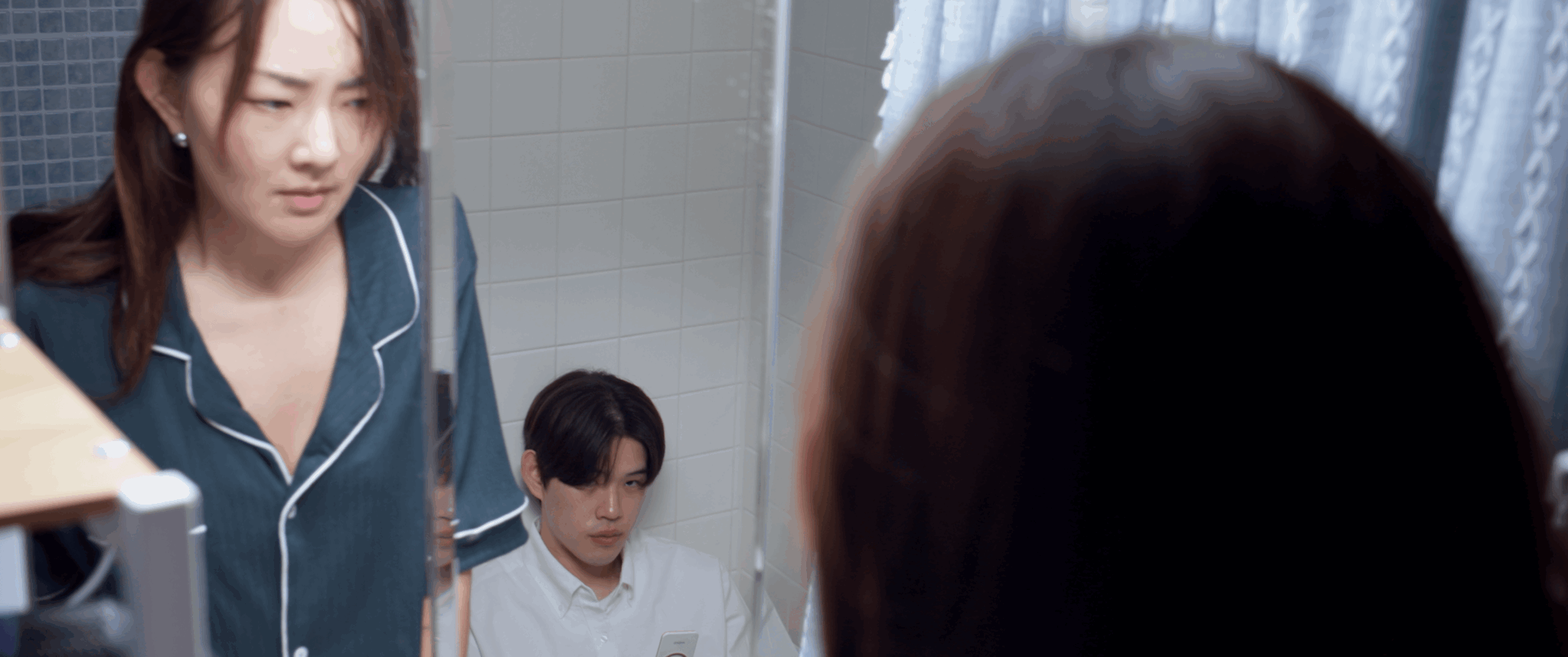
For you, what’s the most rewarding aspect of being a creative?
For me, the most rewarding aspect is the sense of connection with people. Every time I make a film, I connect more deeply with my crew as we work together to shape something meaningful. I also connect with strangers, those who step in to help, or those who show up at screenings and unexpectedly see themselves reflected in the story.
Last year, I screened an experimental film, “There is a fly,” in Chicago. This year, another one, “How to plant a mimosa tree,” at the Museum of Science in Boston. After each screening, I stayed to talk with audience members. These conversations were emotional and vulnerable, and I could feel that my work had bridged something between us.
As someone who once feared sharing too much of myself, I now find healing and strength in being understood through my art.
Contact Info:
- Website: https://daisyeon.com
- Instagram: https://www.instagram.com/daisy__yeon/
- Youtube: https://www.youtube.com/@daisy_eon
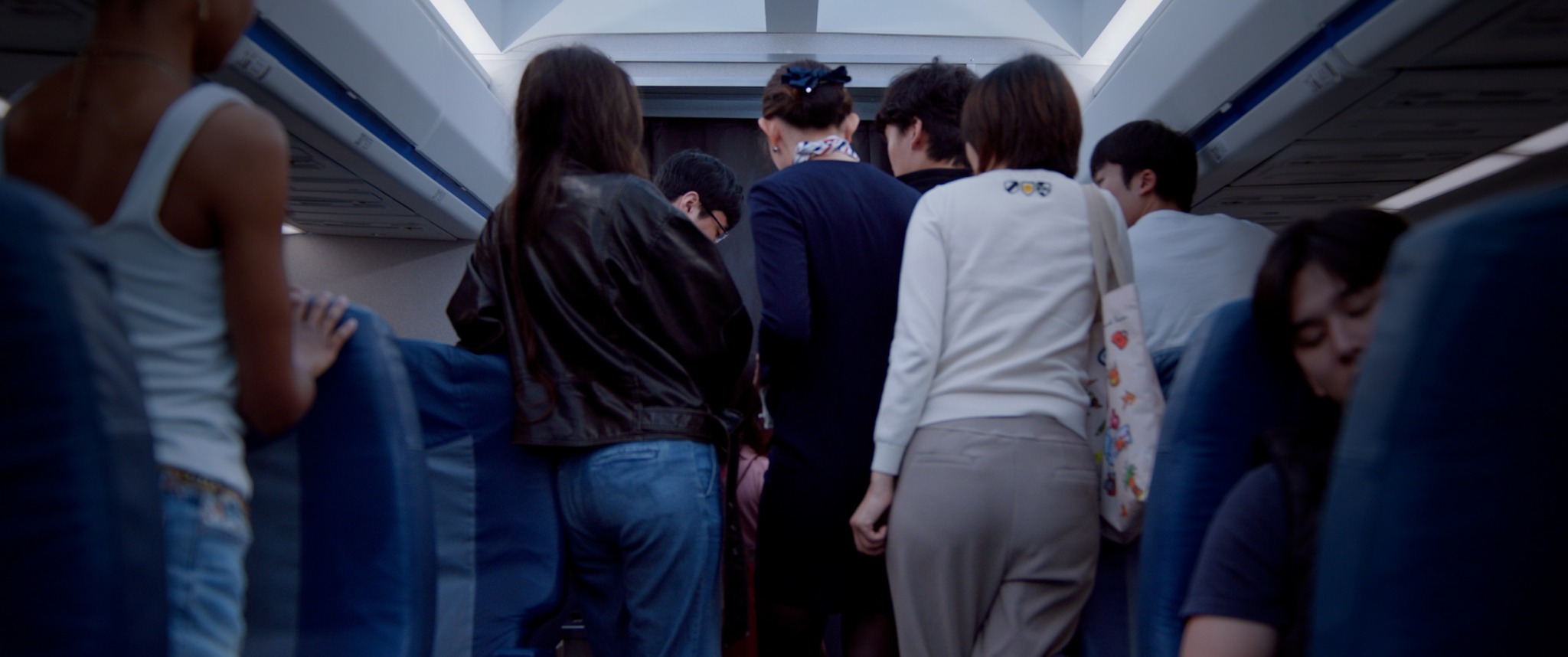
Image Credits
Chih Yu Liu, Takkyung Oh


